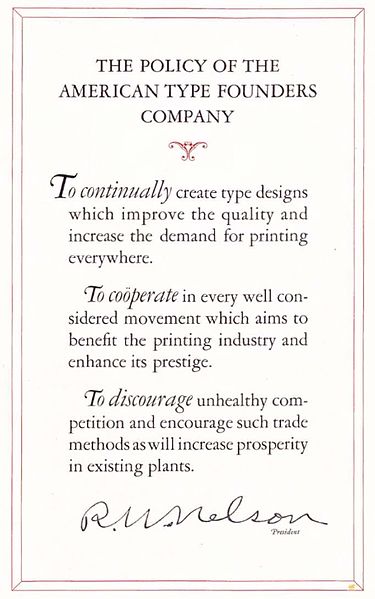A cartel is a group of independent market participants who collude with each other as well as agreeing not to compete with each other in order to improve their profits and dominate the market. A cartel is an organization formed by producers to limit competition and increase prices by creating artificial shortages through low production quotas, stockpiling, and marketing quotas. Cartels can be vertical or horizontal but are inherently unstable due to the temptation to defect and falling prices for all members. Additionally, advancements in technology or the emergence of substitutes may undermine cartel pricing power, leading to the breakdown of the cooperation needed to sustain the cartel. Cartels are usually associations in the same sphere of business, and thus an alliance of rivals. Most jurisdictions consider it anti-competitive behavior and have outlawed such practices. Cartel behavior includes price fixing, bid rigging, and reductions in output. The doctrine in economics that analyzes cartels is cartel theory. Cartels are distinguished from other forms of collusion or anti-competitive organization such as corporate mergers.

Headquarters of the Rhenish-Westphalian Coal Syndicate, Germany (at times the best known cartel in the world), around 1910
The printing equipment company American Type Founders (ATF) explicitly states in its 1923 manual that its goal is to "discourage unhealthy competition" in the printing industry.
Collusion is a deceitful agreement or secret cooperation between two or more parties to limit open competition by deceiving, misleading or defrauding others of their legal right. Collusion is not always considered illegal. It can be used to attain objectives forbidden by law; for example, by defrauding or gaining an unfair market advantage. It is an agreement among firms or individuals to divide a market, set prices, limit production or limit opportunities.
It can involve "unions, wage fixing, kickbacks, or misrepresenting the independence of the relationship between the colluding parties". In legal terms, all acts effected by collusion are considered void.
Future collusive profits
Set higher prices




